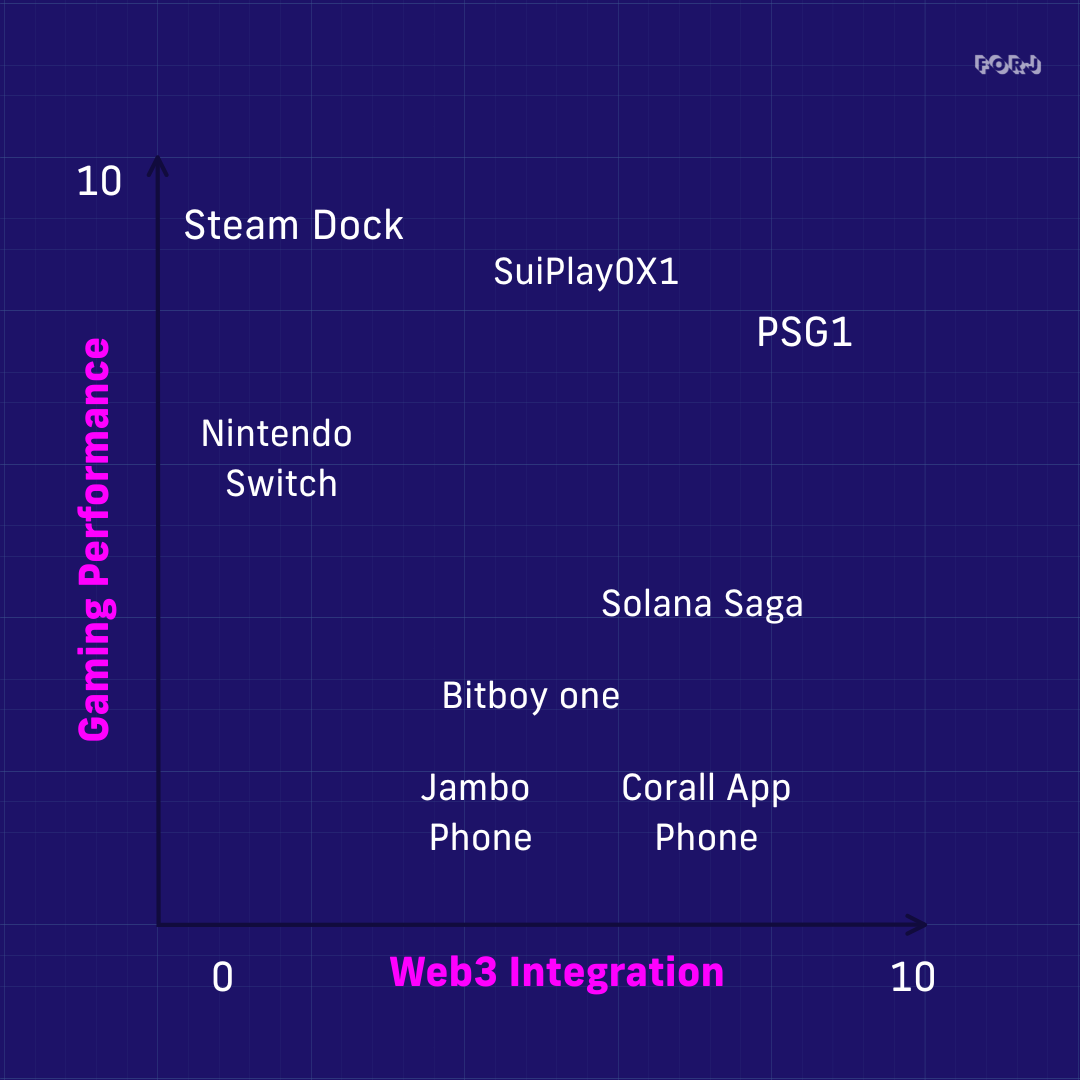—
Introduction: The Rising Tide of Artificial Intelligence
Artificial Intelligence (AI) has moved from the realm of science fiction to become a transformative force across virtually every facet of modern life. As of 2025, AI is no longer a peripheral technology; it is embedded in our businesses, healthcare systems, creative processes, and social structures. But what exactly is AI’s current impact, and where is it heading? This report delves into AI’s evolving landscape, exploring its technological breakthroughs, ethical debates, market trends, and societal implications — all framed to engage and enlighten readers curious about this rapidly advancing frontier.
—
Understanding AI: More Than Just Algorithms
At its core, AI refers to computer systems designed to perform tasks that typically require human intelligence — such as understanding language, recognizing images, making decisions, or generating creative content. The landscape of AI is nuanced, ranging from narrow AI (specialized tools like recommendation engines) to the pursuit of general AI, systems possessing broad cognitive abilities.
Recent strides have been driven largely by advances in machine learning — particularly deep learning — where neural networks mimic the human brain’s structure to identify patterns within massive datasets. This progress has sparked innovations in natural language processing, computer vision, and robotics, powering everything from chatbots and virtual assistants to self-driving cars and precision medicine.
—
Breakthrough Technologies Driving the AI Revolution
The advent of large language models (LLMs), like GPT-series language models and their successors, marks a watershed moment in AI. These models, trained on vast amounts of text, can not only interpret but also generate human-like prose, fueling applications in content creation, coding, and interactive dialogue.
Moreover, AI has begun merging with other emerging technologies. For example, combining AI with blockchain technologies is enabling decentralized autonomous agents that operate transparently and with minimal human input. Similarly, AI’s integration with Internet of Things (IoT) devices allows for smarter cities and personalized healthcare monitoring.
Machine learning frameworks are also evolving to address sustainability concerns. Techniques like federated learning now permit AI training across distributed devices without centralized data pools, reducing privacy risks and environmental footprints.
—
Market Dynamics and Economic Impact of AI
The AI market is booming, surpassing expectations year-over-year. Enterprises across sectors invest heavily in AI to improve operational efficiency, enhance customer experiences, and generate new revenue streams. According to industry analyses, AI-related software, hardware, and services constitute a multibillion-dollar industry projected to keep growing at double-digit rates.
This growth fuels new startup ecosystems focused on specialized AI applications — from fintech risk assessment algorithms to AI-driven drug discovery. Major tech giants, meanwhile, continue acquiring innovative AI companies, signaling market confidence and strategic prioritization.
However, this rise stokes fears of job displacement. While AI automates routine tasks, it also creates demand for new skills in AI oversight, data science, and human-machine collaboration. Ultimately, AI may reshape labor markets but also unlock unprecedented productivity and innovation opportunities.
—
Ethical Challenges and the Quest for Responsible AI
AI’s dazzling capabilities raise thorny ethical questions. Issues around bias, surveillance, misinformation, and autonomy challenge developers, regulators, and users alike. For instance, biased data can lead to unfair AI decisions affecting hiring, policing, or lending.
In response, movements towards explainable AI (XAI) push for models whose decision-making processes are transparent and understandable, fostering accountability. Governments worldwide are drafting AI regulations balancing innovation with public safety, privacy, and societal values.
Public discourse increasingly frames AI not merely as a tool but as a participant in cultural and moral arenas — compelling us to reconsider concepts of creativity, responsibility, and human dignity in AI-enhanced futures.
—
AI and Society: Shaping Human Experience and Interaction
Beyond economics and ethics, AI reshapes how humans connect and express themselves. Generative AI art tools empower creators to experiment with styles and mediums once out of reach; AI-enhanced educational platforms personalize learning journeys, catering to individual strengths and gaps.
Social media algorithms use AI to curate content, raising questions about echo chambers and mental health but also enabling tailored communities and accessibility. Even governance is evolving, with AI used to detect fraud, optimize urban services, and support crisis response.
The idea of AI as a partner rather than a mere instrument exemplifies the human-AI collaboration trajectory — one where creativity, empathy, and intuition blend with AI’s analytic power to amplify our collective potential.
—
Looking Forward: The AI Frontier in 2025 and Beyond
As AI technologies mature, they promise to deepen their infiltration into everyday life, offering tools capable of augmenting human cognition and operational complexity at scale. Future trends point to advances in multimodal AI, seamlessly integrating text, images, and sensory data for richer understanding and interaction.
Quantum computing may turbocharge AI’s capacity, moving us closer to real general intelligence. At the same time, societal frameworks must evolve to manage AI’s influence on privacy, security, and social equity.
Ultimately, the AI journey is a shared human odyssey — one where innovation must harmonize with ethical stewardship, ensuring AI enhances life’s quality and diversity without diminishing our humanity.
—
Conclusion: Embracing AI’s Promise with Keen Awareness
Artificial Intelligence stands as one of humanity’s most remarkable inventions and challenges. Its ability to transform industries, drive creativity, and expand knowledge is matched only by the responsibility it demands from us. Successful integration of AI into society depends not only on technological prowess but on informed dialogue and inclusive policies.
The path forward invites us to become not passive consumers but active participants — shaping AI systems in transparent, equitable ways that reflect our highest aspirations. In doing so, we harness AI not as a harbinger of uncertainty, but as a catalyst for a more vibrant, connected, and insightful world.
—
References
– https://www.nature.com/articles/s42256-021-00450-6
– https://hbr.org/2021/07/the-promise-and-challenge-of-ai
– https://www.mckinsey.com/business-functions/mckinsey-analytics/our-insights/the-state-of-ai-in-2025
– https://www.weforum.org/agenda/2023/01/ethical-ai-regulation-enabling-innovation/
– https://dl.acm.org/doi/10.1145/3351095
—
If you’d like, I can delve deeper into any specific AI topic or develop a more targeted report around its applications or implications!

